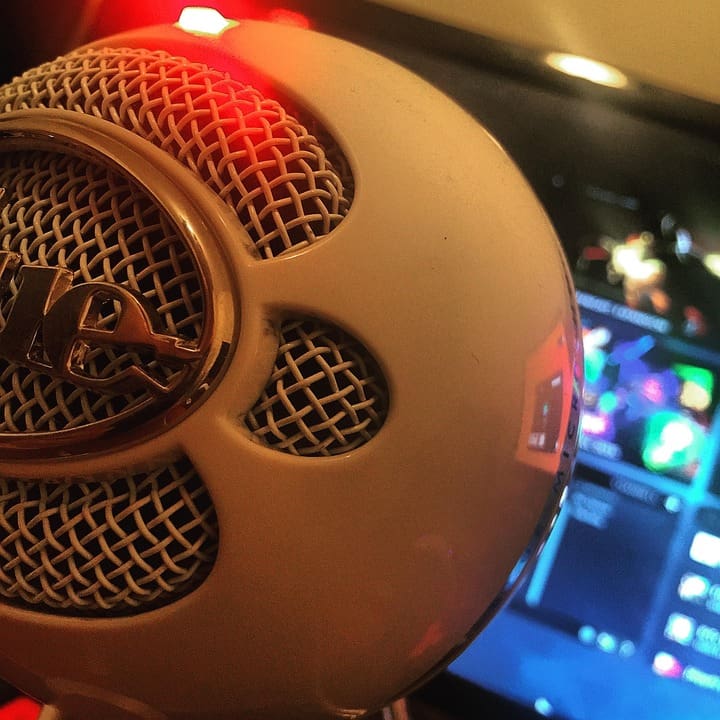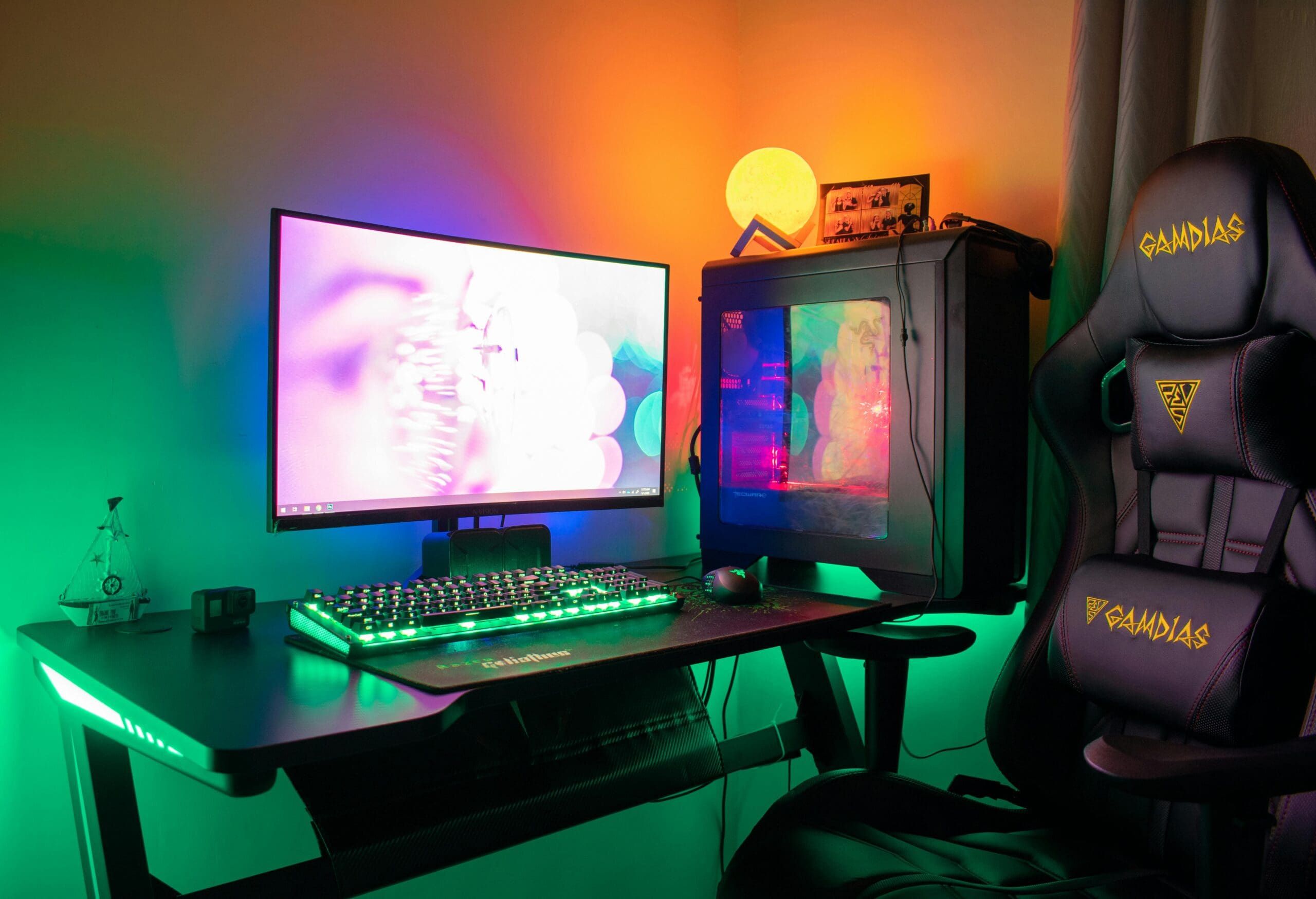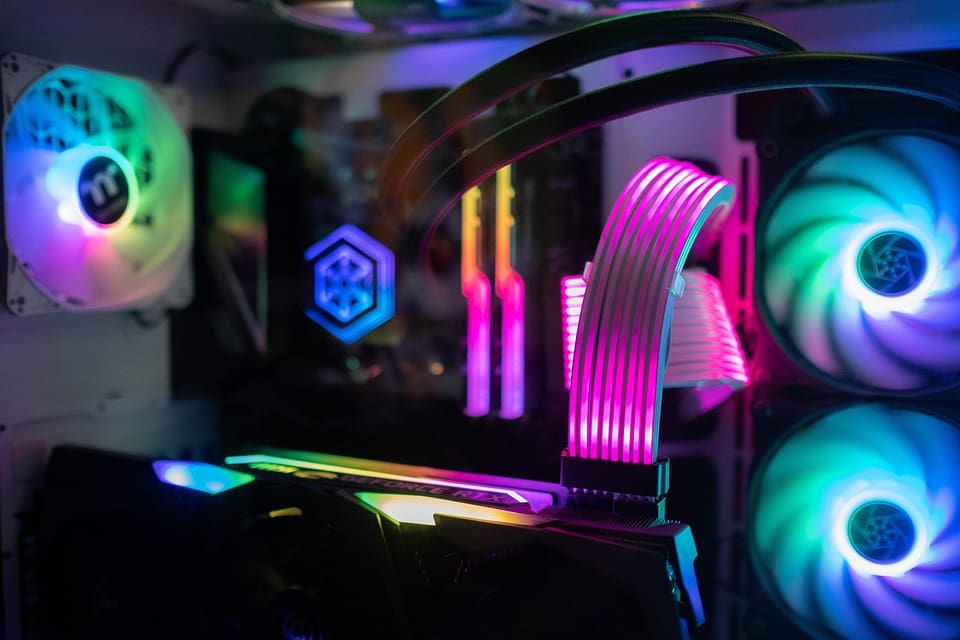Introduction
Gaming PCs are powerful machines that require efficient cooling systems to prevent overheating and ensure optimal performance. In this comprehensive guide, we will explore the best cooling options for your gaming PC, including both basic tips for beginners and advanced optimization techniques for experienced users.
Why This Topic Matters
Proper cooling is essential for maintaining the longevity and performance of your gaming PC. Overheating can lead to decreased performance, system instability, and even hardware failure. By understanding the best cooling options available, you can ensure that your gaming rig runs smoothly and efficiently.
Step-by-Step Guide / Essential Tips
1. Choose the Right Cooling System
When it comes to cooling your gaming PC, you have two main options: air cooling and liquid cooling. Air cooling is more budget-friendly and easier to install, while liquid cooling is more efficient at dissipating heat. Consider your budget and technical skills when choosing the right cooling system for your needs.
2. Clean Your PC Regularly
Dust and debris can accumulate inside your PC case and obstruct airflow, leading to overheating. Make sure to clean your PC regularly with compressed air to remove dust from fans, heatsinks, and other components. This simple maintenance task can significantly improve cooling performance.
3. Monitor Your Temperatures
Use monitoring software to keep an eye on your PC’s temperatures while gaming. High temperatures can indicate a cooling issue that needs to be addressed. By monitoring your temperatures, you can identify potential problems early and take corrective action before they cause damage to your hardware.
Common Mistakes to Avoid
- Ignoring Airflow: Poor airflow inside your PC case can lead to hot spots and inefficient cooling. Make sure to optimize your airflow by using proper cable management, installing case fans, and positioning components for maximum ventilation.
- Neglecting Maintenance: Regular maintenance is crucial for keeping your cooling system in top condition. Don’t forget to clean your PC, replace thermal paste, and check for any loose connections that could affect cooling performance.
- Overclocking Without Proper Cooling: Overclocking your hardware can increase performance, but it also generates more heat. Make sure you have adequate cooling in place before overclocking to prevent overheating and potential damage to your components.
Advanced Optimization Tips
For advanced users looking to maximize cooling performance, consider the following optimization tips:
- Upgrade Your Cooling System: If you’re experiencing high temperatures despite proper maintenance, consider upgrading to a more advanced cooling system, such as a high-performance air cooler or a custom liquid cooling loop.
- Adjust Fan Speeds and Curves: Use fan control software to adjust the speed and curve of your case fans and CPU cooler. Fine-tuning your fan settings can help optimize airflow and cooling performance based on your specific hardware configuration.
- Apply Thermal Pads and Conductive Paste: Thermal pads and conductive paste can help improve heat transfer between components and heatsinks. Consider applying these thermal interfaces to enhance cooling efficiency and reduce temperatures.
Final Thoughts
Effective cooling is essential for maintaining the performance and longevity of your gaming PC. By following the tips and techniques outlined in this guide, you can ensure that your system stays cool under pressure and delivers the best gaming experience possible. Remember to regularly monitor your temperatures, clean your PC, and optimize your cooling system to keep your gaming rig running smoothly for years to come.
💬 What are your top tips for cooling your gaming PC? Share your thoughts in the comments below!


